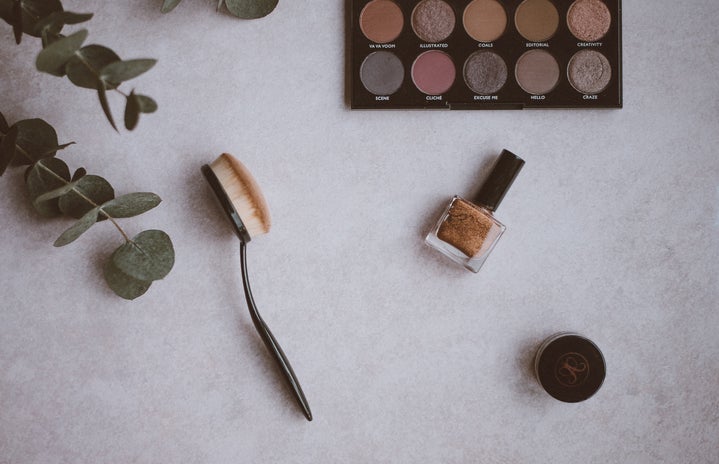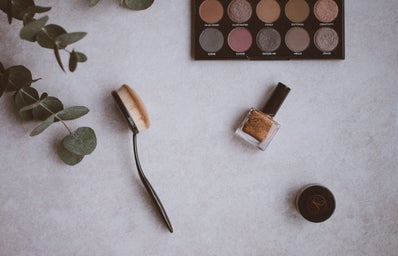Disney movies, a staple in most parental households, are often viewed by parents as nice, happy, wholesome family movies to show to their children. So why, then, are they often heavily critiqued by the same viewers of those movies, in their later years? The answer is complicated. Disney movies – actually, princess movies in particular – can often be very polarizing in nature when looked at from a more psychological and sociological viewpoint. On the one hand, these movies often teach children about bravery and finding happiness; on the other, these movies are largely male chauvinist in nature.
(Image source: Photopin)
Indeed, Disney princess movies have been largely centered around females (a rare occurrence, as females only comprised 29% of the protagonists in movies in the past year alone) who deal with issues such as bravery, independence from parents, and finding themselves, as well as finding happiness. This can be seen in movies such as Brave, Tangled, and Mulan, respectively, of which all represent strong women who set out on their own journeys to find enlightenment in their lives and respective areas. In this way, most princess movies are uplifting to women and girls alike, and seem to try to promote these ideas in women.
Although this may be true, these movies are dichotomous in nature, and, while depicting strong, seemingly independent women, these Disney princess movies mainly center around the main female character finding love along their journeys. They often boil down to one thing: the man. As viewers, our focus in these movies slowly shift from the bravery and independence to the love that the woman begins to find with the man. Our questions do not revolve around whether the female will complete her journey, but whether she and the male character will fall in love, thereby submitting the woman to the lesser, the dependent, of the man.
(Image source: Photopin)
This, then, tells young girls that their own self-worth and motivation won’t be able to be complete without that of a man’s love and approval. The female’s journey is predicated by her dependence on the man’s love, and often cannot be completed without such, which is extremely harmful to the psyches of the girls that we are feeding this information to.
There is hope for the future, though. Recent Disney princess movies have been straying away from these subordinate-female dialogues and moving more towards the independence of the main female character. Most recently, this can be seen in Moana, a captivating Disney princess story which revolves around that of a young girl finding her own bravery, without the usual love plot and the usual dependence on males.
Hopefully more Disney princess movies will act to reinforce feminine strength rather than suffocate it. The upcoming live-action Beauty and the Beast is said to have been made to allow Belle’s role to be more independent from that of the Beast’s. Either way, we should be teaching our daughters to be more independent and brave, regardless of the movies they watch.
*None of the images belong to Her Campus or the author*
Cover image source: Pexels


